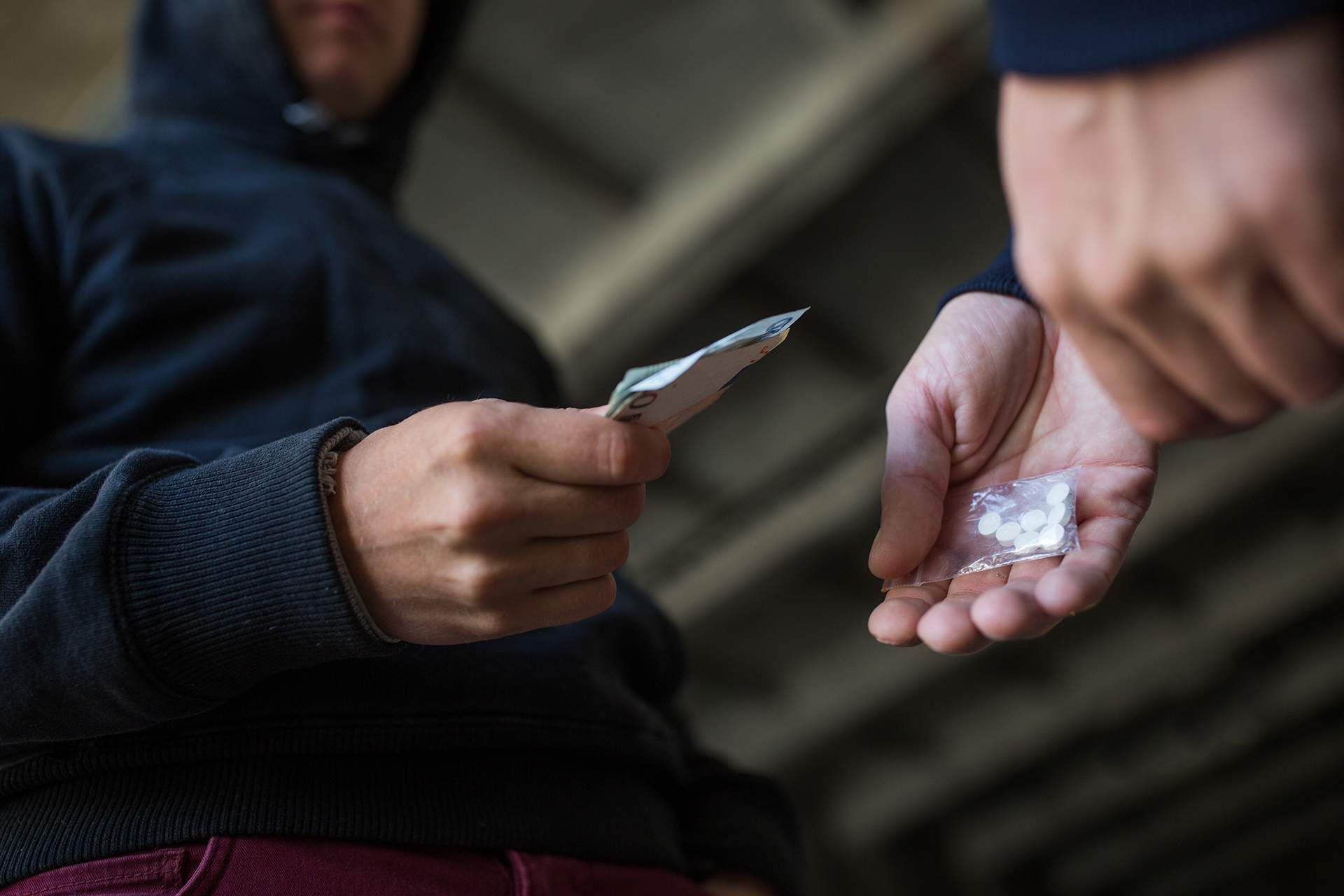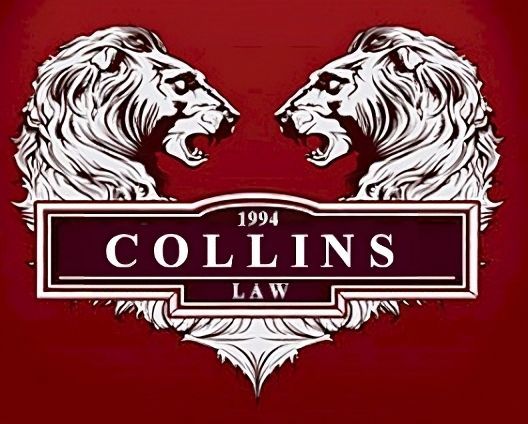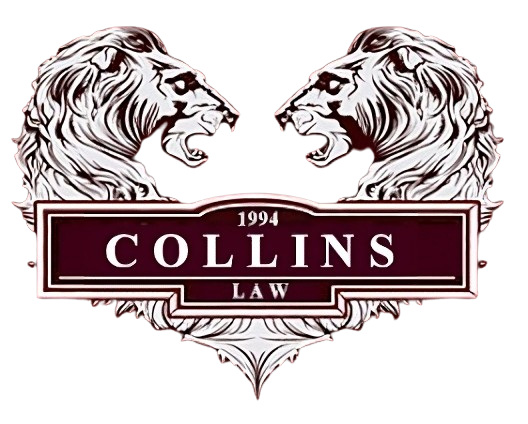How Trafficking Charges Differ From Possession Charges in Indiana

Table of Contents
- Understanding Indiana Drug Laws
- What Are Possession Charges?
- What Are Trafficking Charges?
- Key Differences Between Possession and Trafficking
- Penalties and Legal Consequences
- Why the Charge Type Matters
- How a Drug Defense Lawyer Can Help
- Conclusion
Key Takeaways
- Trafficking charges and possession charges are treated very differently under Indiana law.
- Possession generally involves smaller amounts intended for personal use, while drug trafficking involves larger quantities or intent to distribute.
- Penalties for trafficking are typically more severe and can include long prison sentences and heavy fines.
- Working with an experienced drug defense lawyer is critical to protect your rights and build a strong defense.
Understanding Indiana Drug Laws
When it comes to drug offenses, many people are surprised by just how nuanced Indiana’s laws can be. The legal system doesn’t treat all drug offenses equally. A small amount of a controlled substance can lead to possession charges, whereas slightly larger quantities—or circumstances that indicate selling—can escalate to trafficking charges.
We’ve worked with numerous clients who were shocked to learn the difference between possession and trafficking. In many cases, someone thought they were facing a minor charge, only to realize the state was building a case for trafficking. That’s why understanding the law—and having a proactive legal strategy—is essential.
In Indiana, the law considers both the type of drug and the amount in determining the severity of the offense. Even more critical is the intent. Did you have the drugs for personal use, or were they intended for distribution? That single distinction often changes everything.
What Are Possession Charges?
Possession charges are typically the first type of drug offense that people encounter. These charges apply when someone knowingly has a controlled substance for personal use. It doesn’t matter whether the drugs are in your pocket, your car, or even your home—what matters is that the law can prove you had control over them.
Some key points about possession:
- Intent: The state must prove you intended to use the drug yourself, not sell it. This is why personal-use amounts are critical in determining the charge.
- Quantity: Indiana law sets specific thresholds for different substances. Small amounts usually suggest personal consumption, while larger amounts can be interpreted as evidence of intent to distribute.
- Penalties: Penalties for possession depend on the drug type, the amount, and any prior criminal record. Generally, possession is considered less severe than drug trafficking, but it can still carry fines, probation, or jail time.
We’ve seen cases where someone possessed just enough for personal use, but because law enforcement found a few extra pills or cash, the state argued it was for distribution. The difference between possession and trafficking isn’t always obvious. That’s why consulting a drug defense lawyer early can be invaluable—they can evaluate the details and determine if the charges are accurate or inflated.
What Are Trafficking Charges?
On the other end of the spectrum, trafficking charges involve larger quantities of controlled substances or clear evidence that someone was selling or distributing drugs. Indiana’s statutes define specific thresholds that, when exceeded, automatically elevate the offense to trafficking.
Trafficking can include:
- Selling drugs directly or facilitating the sale
- Possessing large amounts that strongly suggest distribution
- Possession with certain paraphernalia associated with selling, like scales, baggies, or ledgers
It’s not just about the quantity. Context matters. For example, we once represented a client who had a significant amount of prescription pills. On its own, it could have been treated as possession. But when law enforcement found packaging materials and text messages discussing sales, the charge became drug trafficking.
Intent is the critical factor. If the state can show that you intended to sell, even if you never made a sale, trafficking charges can apply. That’s why someone facing these allegations must act quickly and work with an experienced drug defense lawyer who understands how to challenge the evidence and negotiate outcomes.
Key Differences Between Possession and Trafficking
The distinction between possession and drug trafficking often confuses clients, but the differences are significant. Here’s how we break it down:
- Quantity of the Drug: Small amounts usually indicate possession, whereas larger amounts trigger trafficking charges. Indiana law specifies the amounts for different substances. For instance, possessing more than 28 grams of methamphetamine can be considered trafficking.
- Intent: Possession is about personal use. Trafficking requires proof that you intended to sell or distribute the drugs. This can include evidence like cash, packaging materials, or communication showing distribution plans.
- Severity of Penalties: Trafficking carries much harsher penalties than possession. Even a first-time trafficking offense can result in years behind bars, hefty fines, and long-term consequences for your criminal record.
- Legal Strategy: Possession cases may be resolved with reduced charges or alternative sentencing. Trafficking cases often require a more aggressive defense, challenging the state’s evidence, and sometimes negotiating plea agreements to reduce the charge severity.
We’ve seen too many people assume that trafficking is the same as possession, only to face shockingly long sentences. Understanding these distinctions early can mean the difference between a manageable outcome and years of unnecessary legal trouble.
Penalties and Legal Consequences
Indiana takes drug offenses seriously, and the law doesn’t treat trafficking lightly. Even first-time offenders can face stiff consequences. While possession penalties vary depending on the substance and amount, trafficking is generally treated as a felony, which comes with more severe repercussions.
Some penalties associated with trafficking include:
- Lengthy prison sentences, often several years
- Large fines that can reach tens of thousands of dollars
- Probation and supervised release terms
- Long-term impacts on employment, housing, and personal reputation
Possession penalties are usually less severe but can still include jail time, fines, probation, and mandatory drug counseling. In both cases, prior convictions can dramatically increase the penalties.
We’ve worked with clients who had never been in trouble before but faced surprisingly harsh charges because of small technicalities. That’s why having a knowledgeable drug defense lawyer early is so important—they can often identify procedural errors or weaknesses in the prosecution’s case that may reduce or dismiss charges.
Why the Charge Type Matters
At first glance, the difference between possession and trafficking may seem like a technicality, but it’s anything but. The type of charge can determine:
- The potential sentence length
- The size of the fines you may face
- Eligibility for probation or alternative sentencing
- Long-term consequences for your personal and professional life
Even a small change—like the amount of drugs found or the presence of certain items—can tip a case from possession to trafficking charges. We’ve had clients come to us thinking they had minor issues, only to learn the state was pursuing a felony-level trafficking charge. That can be overwhelming, both emotionally and legally, but with the right guidance, there are ways to fight the charges effectively.
How a Drug Defense Lawyer Can Help
Facing drug charges in Indiana is stressful. It’s easy to feel trapped, especially when the law is complex and the consequences are high. That’s where a drug defense lawyer comes in. We’ve seen firsthand how early intervention and strategic legal planning can change outcomes dramatically.
Here’s how we typically help clients:
- Reviewing the Evidence: We examine how the drugs were found, the amounts involved, and any statements made during arrest. Even small mistakes by law enforcement can be grounds to challenge the case.
- Challenging Intent: In trafficking cases, the state must prove you intended to distribute the drugs. We look for inconsistencies, weak evidence, or assumptions that could work in your favor.
- Negotiating Outcomes: Sometimes charges can be reduced from trafficking to possession, or alternative sentencing options may be available. We advocate vigorously for the best possible result.
- Providing Support: Beyond legal strategy, we guide clients through every step, helping them understand the process and reduce the stress that often accompanies these cases.
A strong defense can be the difference between years in prison and a manageable resolution. We always tell clients: don’t wait until it’s too late. Early legal guidance is your most powerful tool.
Conclusion
Understanding the difference between possession charges and trafficking charges in Indiana isn’t just legal jargon—it’s essential knowledge that can protect your freedom, your future, and your peace of mind. Possession usually involves personal use, smaller quantities, and less severe consequences, whereas drug trafficking carries much harsher penalties, longer sentences, and significant long-term impacts.
If you or a loved one is facing drug-related charges, it’s crucial to work with an experienced drug defense lawyer who can navigate the complexities of Indiana law and develop a strategy tailored to your case. At Collins & Associates, we’ve helped countless clients understand their rights, challenge evidence, and pursue the best possible outcomes.
Contact us today at (812) 475-1234 or email us at rich@collins-law.com to schedule a consultation. Learn more about how we can help at Collins & Associates. Don’t wait—protecting your rights starts with the right guidance.
Frequently Asked Questions
What are trafficking charges in Indiana?
We often explain that trafficking charges apply when someone possesses large amounts of drugs or shows intent to sell. It’s more serious than possession and carries harsher penalties. Understanding the distinction early helps us plan a strong defense strategy.
How do trafficking charges differ from possession?
We see the difference as primarily quantity and intent. Possession is for personal use, while drug trafficking involves distribution. Knowing this helps us tailor our legal approach and protect our clients’ rights effectively.
When should we contact a drug defense lawyer?
We always recommend reaching out immediately after any drug-related arrest. A skilled drug defense lawyer can review evidence, challenge intent, and negotiate outcomes before charges escalate to trafficking.
Can small amounts still lead to trafficking charges?
Yes, we’ve handled cases where even relatively small quantities led to trafficking charges if evidence suggested intent to sell. We review all details to ensure charges accurately reflect the situation.
What penalties can we face for drug trafficking in Indiana?
We know drug trafficking can result in years of prison, hefty fines, probation, and long-term impacts on life and career. Early defense from an experienced lawyer helps us reduce risks and pursue the best possible outcome.

